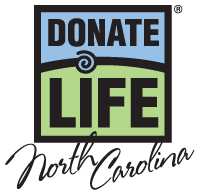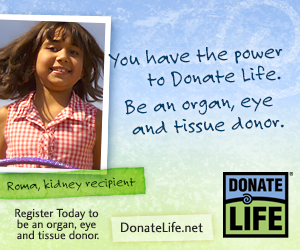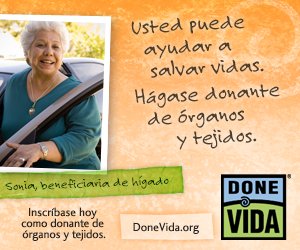North Carolina’s Right to a Natural Death Act recognizes a patient’s right to a peaceful and natural death. The NCMS Ethical and Judicial Affairs Committee has worked to develop and pass legislation that promotes patient self-determination at the end of life. These efforts have resulted in the creation and recognition of advance directives that enable patients to express their end-of-life wishes.
For more information and resources on end-of-life issues, visit the NC Partnership for Compassionate Care.
Consumer Information
- Living Wills and Health Care Power of Attorney (NC Bar Association) (PDF)
- North Carolina Advance Directive: Planning for Important Healthcare Decisions
Advance Directives
- An Advance Directive for North Carolina: A Practical Form for All Adults (Combined Living Will & Health Care Power of Attorney documents)
- An Advance Directive for North Carolina: A Practical Form for All Adults (SPANISH)
- How “An Advance Directive for North Carolina: A Practical Form for All Adults” Meets North Carolina Statutory Requirements for Advance Directives
- Statutory Living Will Form
- Statutory Health Care Power of Attorney Form
Legislation
- Understanding MOST E-learn courses: get a better understanding of the MOST form and how it ties into advance care planning through these online courses. To learn more, click here.
- Register for “Understanding MOST: Part 1” (Why MOST is an essential tool for knowing and honoring patient wishes at the end of life)
- Register for “Understanding MOST: Part 2” (Completing the MOST form)
- Information about MOST: A New Portable Medical Order for North Carolina
- Frequently Asked Questions regarding MOST
- Using the MOST Form: Guidance for Health Care Professionals
- Obtain a MOST form
- Physicians and other health care providers: The MOST form is available through the Office of Emergency Medical Services, North Carolina Department of Health and Human Services: https://oems.nc.gov/dnr-most/
- Patients or consumers: Since MOST is a medical order, the forms are available to patients or their representatives only through physicians or health care facilities or agencies such as home health or hospice. If your physician or health care provider is not familiar with the MOST form, please ask your health care provider to contact the North Carolina Medical Society for additional information at [email protected].
- Download the PractEssentials Podcast on MOST
- Additional End-of-Life Efforts Across the Country: www.polst.org
- Information about No Code or Do Not Resuscitate (DNR) Orders
- DNR Sample Form
- Obtain DNR Forms
- Physicians or other health care providers: DNR forms are available through the Office of Emergency Medical Services, North Carolina Department of Health and Human Services: https://oems.nc.gov/dnr-most/
- Patients or consumers: DNR forms will be available to patients or their representatives only through physicians or health care facilities or agencies such as home health or hospice. Please ask your health care provider to contact the North Carolina Medical Society for additional information at www.ncmedsoc.org or contact the Office of Emergency Medical Services.
National Resources
- Donate Life America – the national coalition for organ, eye, and tissue donation
- American Association of Tissue Banks (AATB) – the professional organization for tissue banks
- Eye Bank Association of America – the professional association for eye banks
- Health Services and Resources Administration (HRSA) – Government resource on donation and transplantation
- The American Red Cross – blood donation and emergency assistance
- United Network of Organ Sharing (UNOS) – Provides organ transplantation oversight and manages the National waiting list



